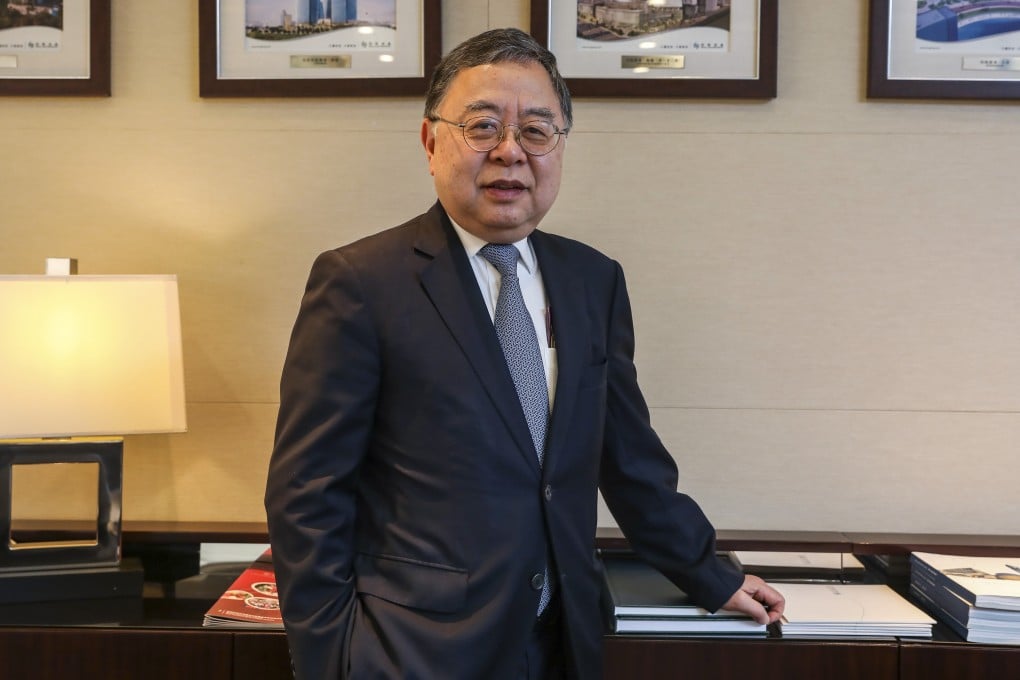Property developer Ronnie Chan says Hong Kong needs a ‘strong, political leader’ to handle protest crisis and putting civil servants in charge is ‘the most ridiculous’ idea
- Chan also blames British colonial government and Hongkongers’ lack of a sense of national identity in an interview with a mainland Chinese platform
- He says Hongkongers do not identify themselves as Chinese and look down on mainlanders

One of Hong Kong’s most influential property developers has dismissed the notion that the city’s chief executive should be an administrator, saying the job requires strong, political leadership and calling the idea that it could be handled by a civil servant the “most ridiculous thing”.
Ronnie Chan Chi-chung, the outspoken chairman of Hang Lung Properties, who supported embattled city leader Carrie Lam Cheng Yuet-ngor during her election in 2017, was equally blunt about the causes of Hong Kong’s ongoing turmoil.
Aside from leadership, he also blamed the city’s current turbulence on British colonial government and Hongkongers’ lack of a sense of national identity.
Chan said Lam, a former top civil servant, had made an effort to tackle the city’s land and poverty problems, but the job required more than that. Under Article 43 of the Basic Law, the city’s mini-constitution, the chief executive is accountable to both the central government and the city.
The Hong Kong people’s DNA is different from mainlanders’ because many escaped from there
Chan made these comments in an interview published by mainland Chinese news platform Guancha Syndicate on September 18.